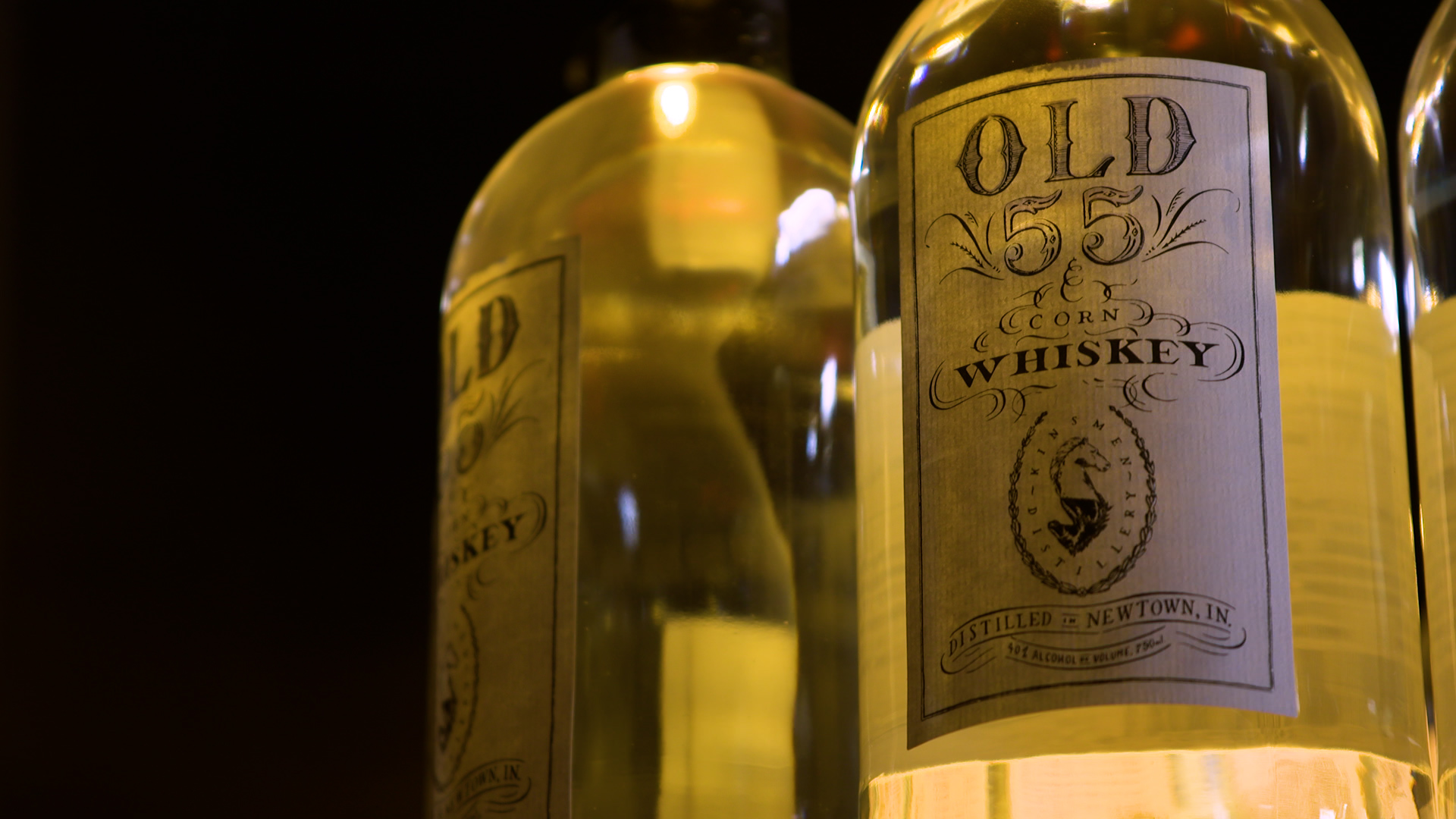
From the shores of Lake Michigan to the banks of the Ohio River, discover the Indiana distilleries that are exploring new methods and reviving time-honored techniques in a new documentary from WTIU. Hoosier Spirits: Distilling in Indiana goes back in time to look at Indiana’s deep distilling roots and find out about the history of distilling from early settlers to the 21st century. The program celebrates the craft distilling boom of the past decade while digging into the agriculture, weather, and location that makes the state an ideal place for distilling. Learn why Indiana’s distilling industry fell behind our neighbors to the south. And finally, travel the state meeting creative and passionate Hoosier distillers working to revive Indiana’s reputation and return it to its rightful place as one of America’s premier distilling states.
In this interview, WTIU director and producer Tyler Lake discusses what he learned while making Hoosier Spirits: Distilling in Indiana. The program premieres Thursday, September 5 at 8pm on WTIU and also will be available to stream through the PBS App.
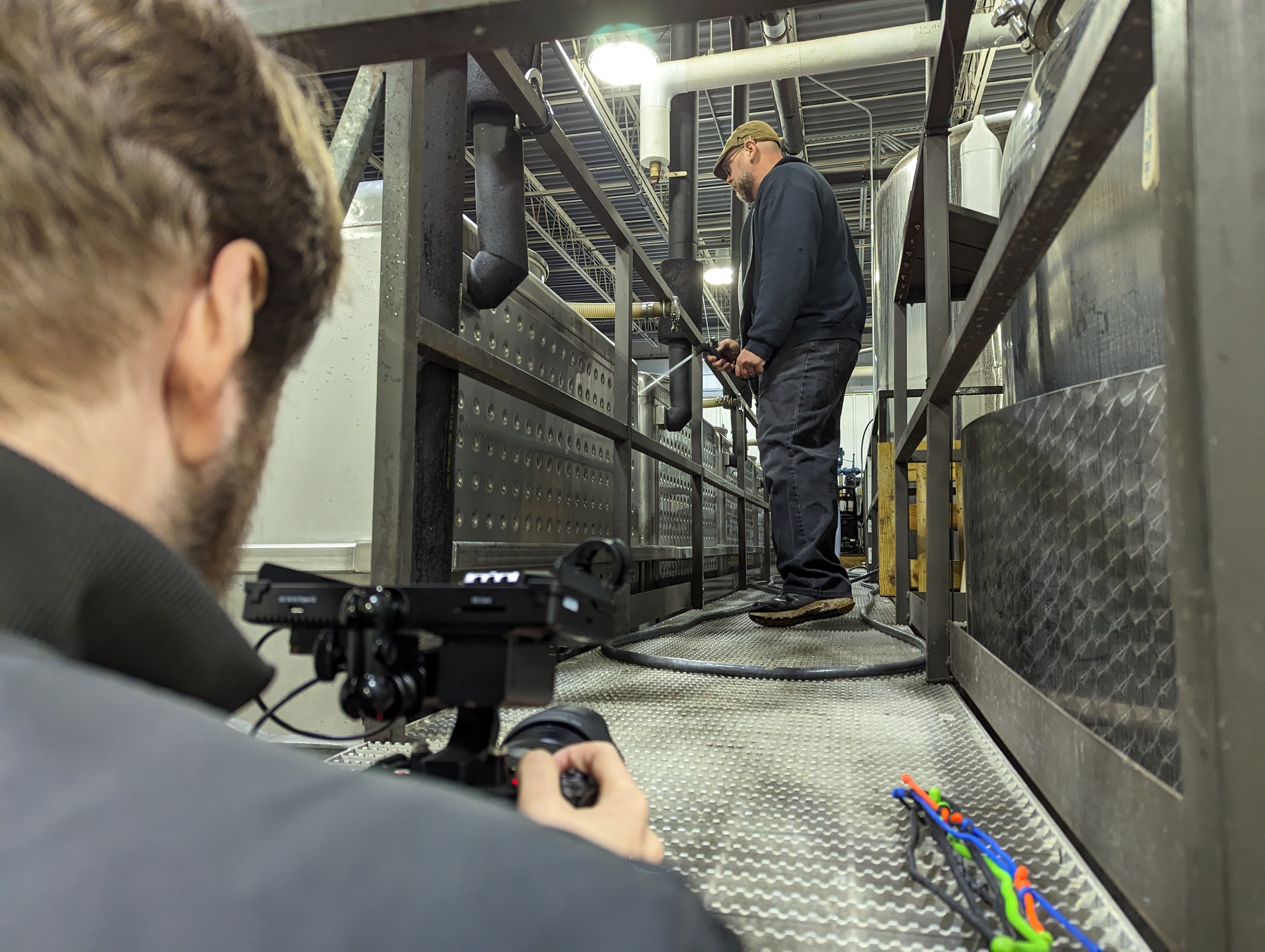
What is micro-distilling and why is there a boom happening right now?
Micro-distilling, or as it's more commonly referred to, craft or artisanal distilling is a small-scale distilling operation that often has a cap on yearly production output. The advantage of craft distilling is the ability, like wineries and craft breweries, to serve the product directly to customers on site to demonstrate the flavor and quality of the product. Many states including Indiana have changed their laws in the past few decades. This, much like the craft brewing boom of the '90s, has created the conditions for entrepreneurs and distillers to pursue their passion for creating unique, smaller-batch spirits that offer a refreshing alternative to the big whiskey makers with which we are all familiar.

What makes Indiana a perfect spot for whiskey production?
Pretty much everything. Indiana has great, limestone-rich water that is ideal for distilling. We have large-scale agriculture, specifically corn and wheat—the raw materials of distilled spirits. We have vast forests of white oak trees, the ideal material in which to store whiskey to yield the desired flavor profiles and color. And whether we like it or not, our extreme swings in weather and relatively high humidity create the perfect environment to optimally convert the clear “white dog” spirit that goes into the barrel into the honey brown whiskey that consumers desire.
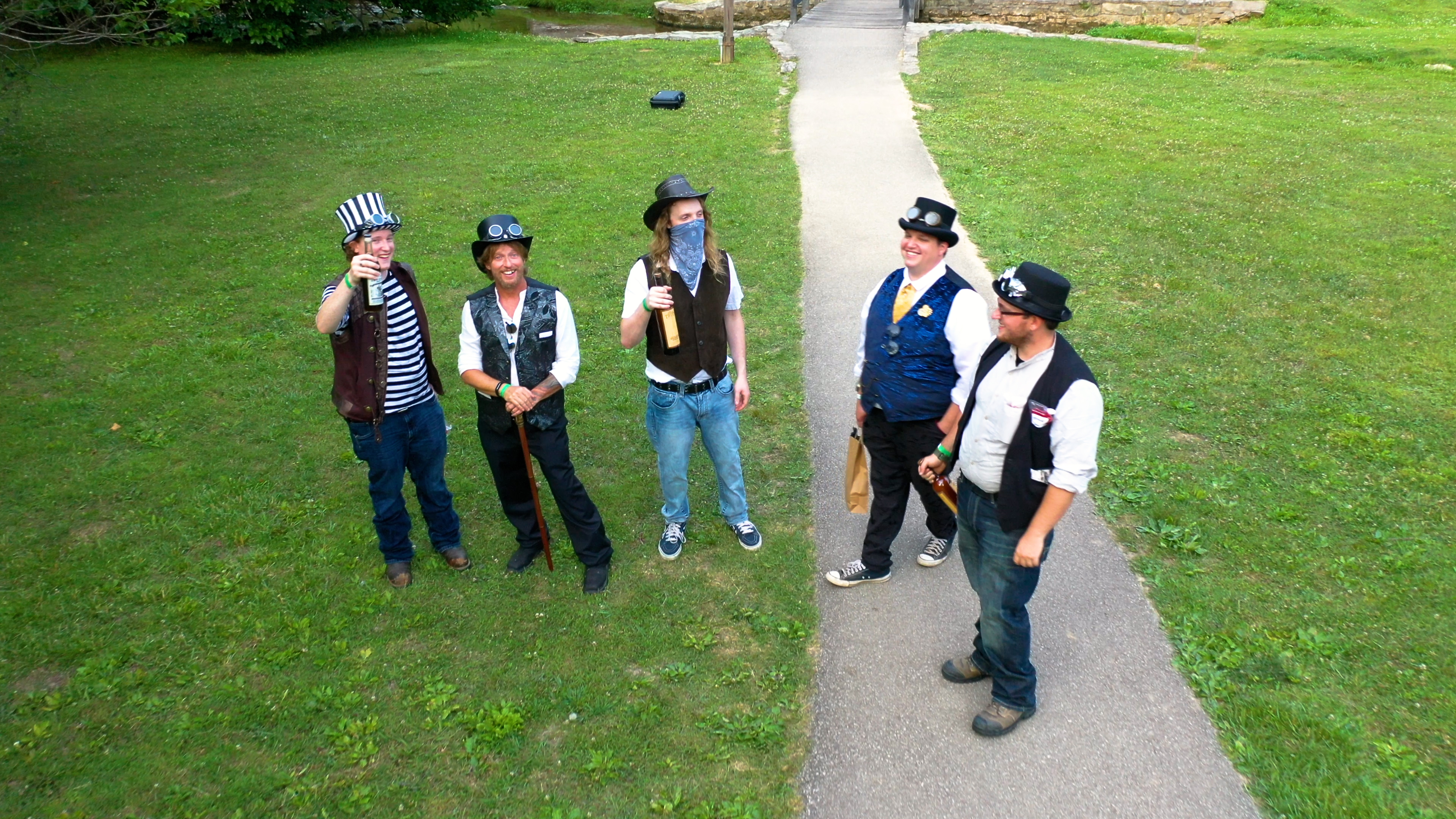
Is there a historical reason that can pinpoint why Indiana fell behind Kentucky and Tennessee in production?
In short, our legislature and their constituents; the people of Indiana. The state has a strong evangelical Christian base that has embraced the values of temperance and abstinence. Hoosier legislatures have long cited fears of “a still on every hill” as a potential outcome of loosening distilling laws in the state. Before prohibition, Indiana had a massive and thriving distilling industry. After the repeal of prohibition, many such institutions and the knowledge of their distillers were lost to time. While other states loosened and adjusted laws during the 20th century to allow for medium and large distillers to gain a foothold in the market, Indiana only had a few major distilleries in operation. Krogman in Tell City, survived into the 1960s, and Seagram’s, a Canadian company produced gargantuan amounts of spirits out of their Lawrenceburg, Indiana, plant—but those spirits were never synonymous with the identity of the state like Tennessee Whiskey and Kentucky Bourbon. This prevented Hoosier spirits from developing a unique marketable identity that might have created the conditions to spur growth in distilling in the state.
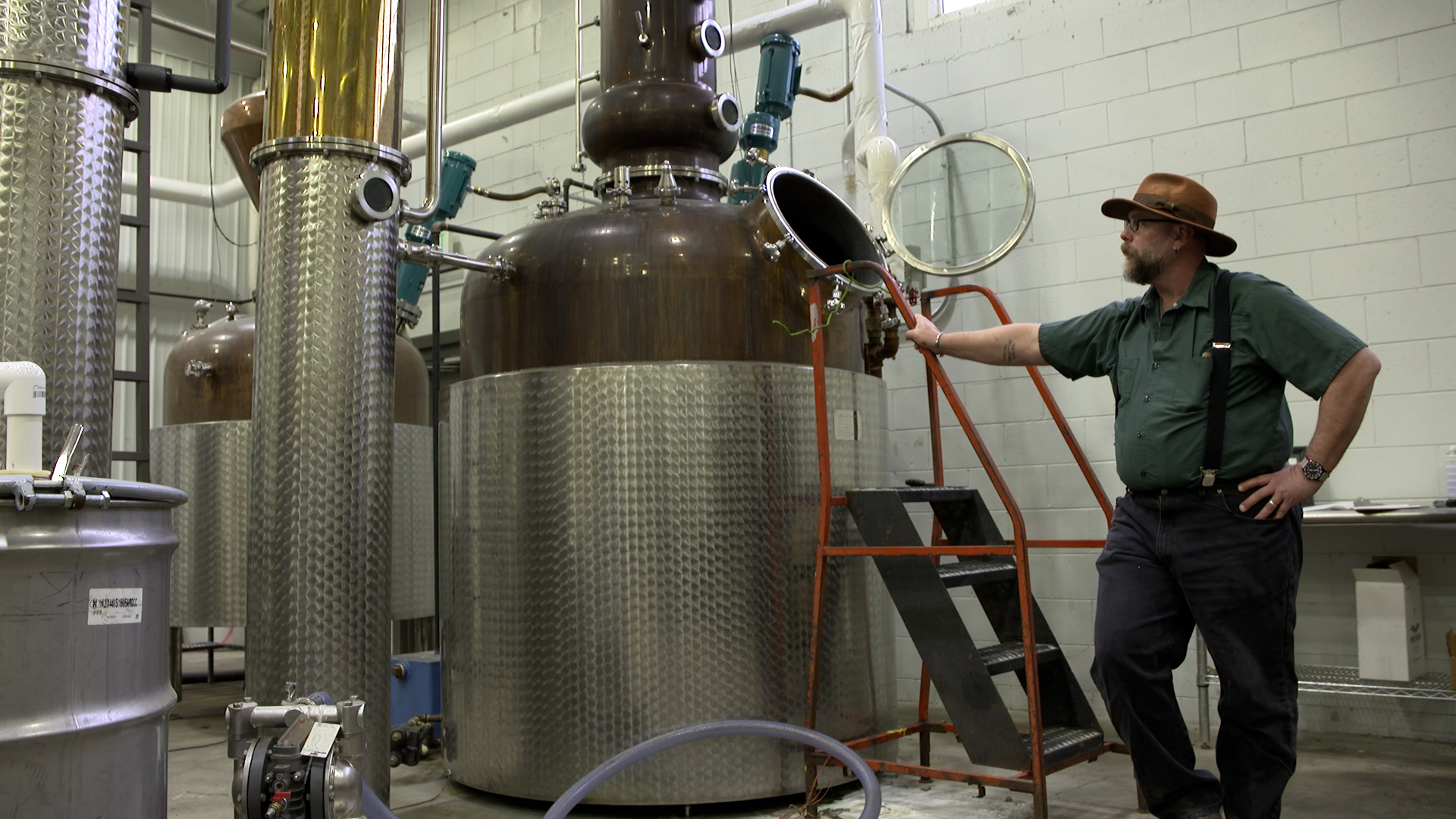
How did breweries stay afloat during the prohibition movement—or did they?
Breweries, just like distilleries, were shuttered during prohibition. The boom in breweries post-prohibition was a result of many factors. One is that brewing is much easier, cheaper, and faster than distilling. Companies trying to get back on their feet post-prohibition were more inclined to get a product to market as quickly as possible. Whiskey is, in essence, just distilled beer, so adding the extra step, time, expense, and all the cost including institutional knowledge and equipment that did not survive the more than a decade-long prohibition era made brewing more attractive than distilling. In fact, many of the cities we consider brewing cities, like Milwaukee and St. Louis became brewing towns because of the loss of equipment and knowledge after prohibition. Before 1919, they had thriving distilling industries.
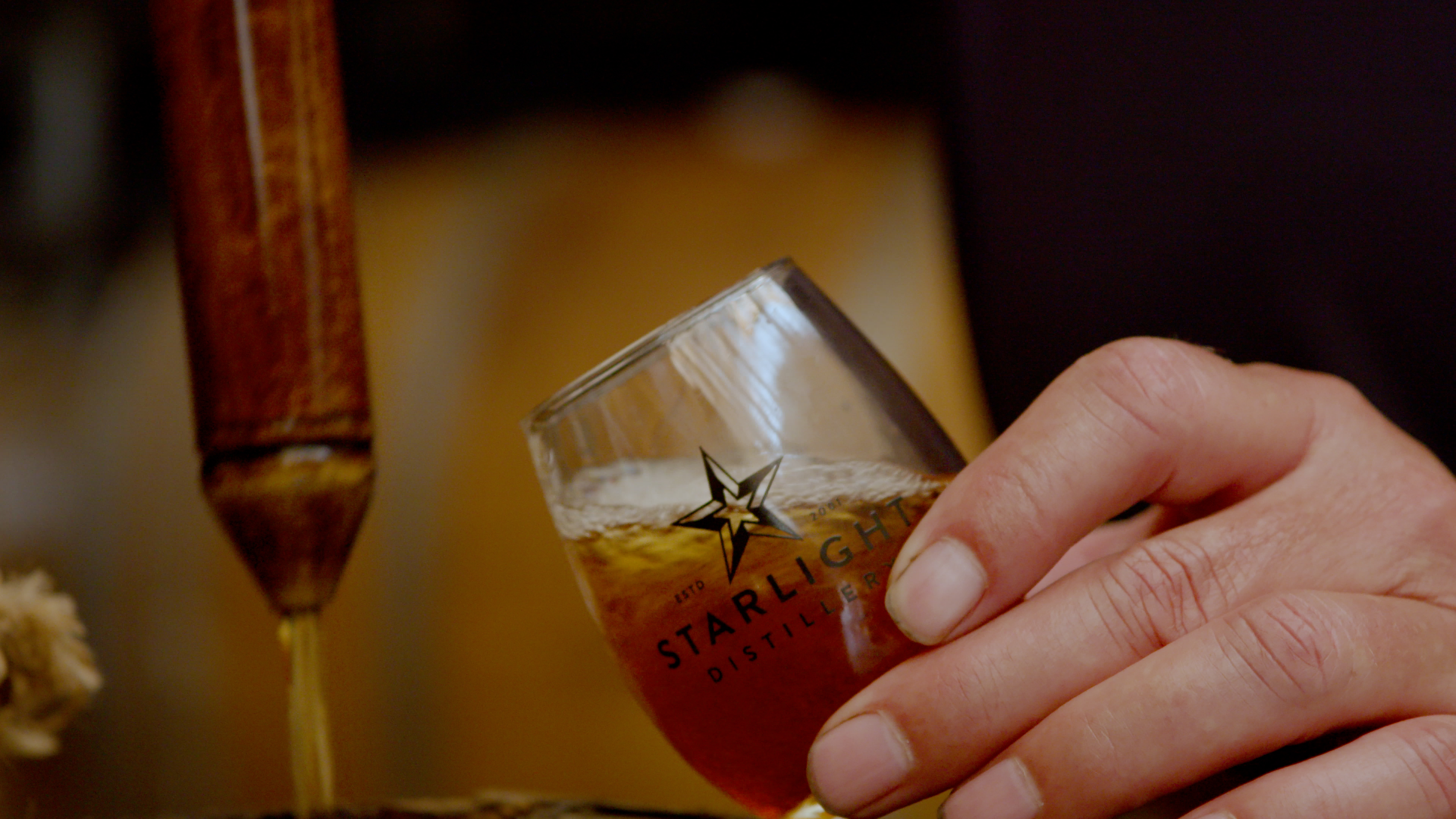
After learning about all the little-known distilleries in Indiana, what do you think all Hoosiers should know about them?
Craft distillers in Indiana are overall, extremely dedicated to their product. They spend uncountable hours honing, tasting, and refining their spirits. Fred Minnick, a Louisville-based writer and world-renowned whiskey critic says Indiana produces some of the finest whiskey and spirits in the world, and these distillers have the gold medals and awards to back that claim up. Exceptional whiskey is being made every day all over the state of Indiana. These artisans have made it their mission in life to create world-class spirits and much of that is because they get to draw on the deep traditions, excellent agriculture, and ideal conditions afforded them by operating here in the state of Indiana.
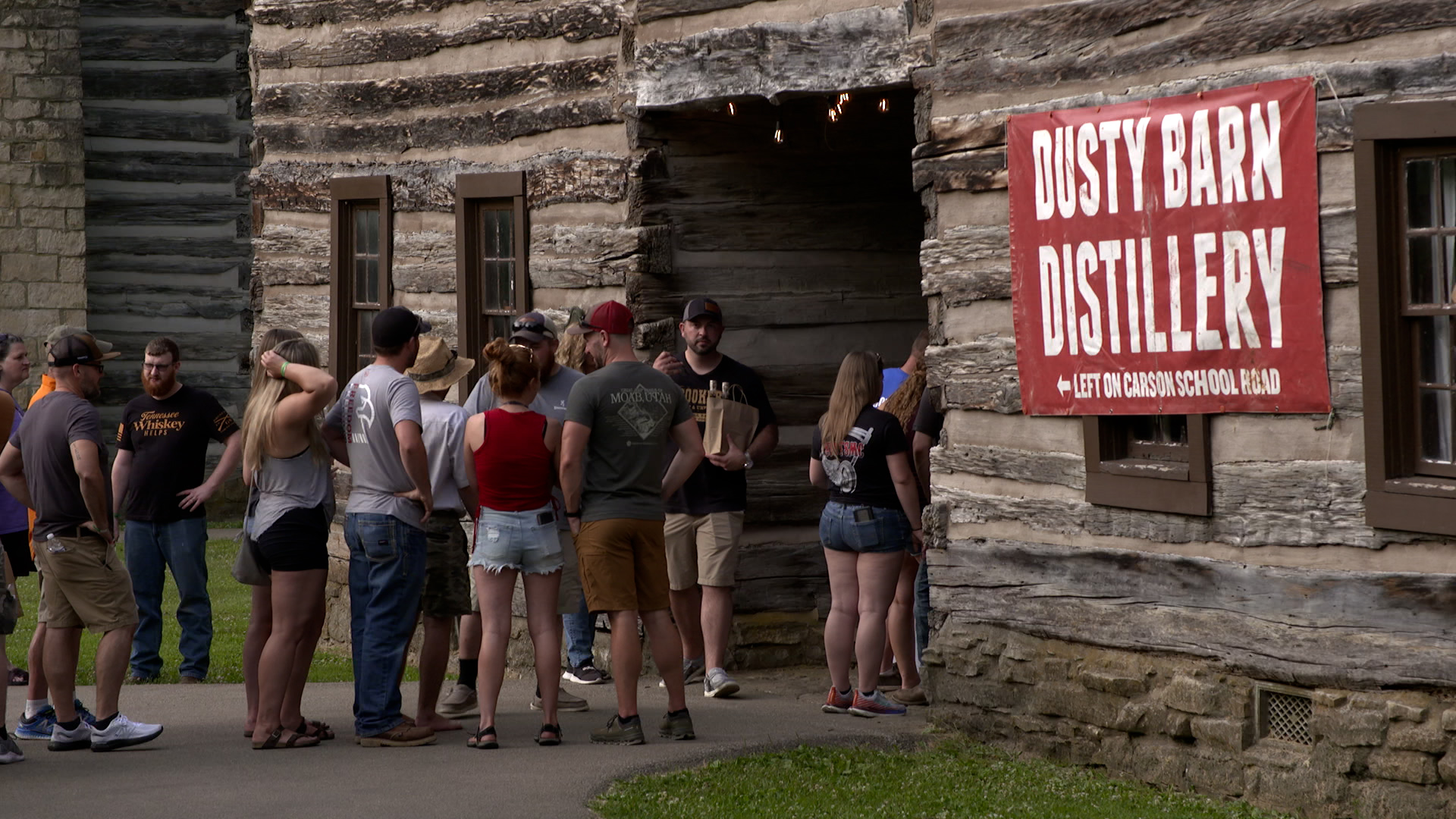
How does knowing whiskey's history help viewers enjoy whiskey now?
Whiskey and brandy are rooted deep in American history. George Washington’s apple orchards were planted with apples not fit for eating—they were for making apple brandy. The founding fathers had appetites for whiskey, brandy, and other spirits that according to historian Jason Lantzer, were so voracious it is difficult for post-prohibition Americans to understand. Many distillers, especially craft distillers, are harnessing that history to employ older methods of distilling as well as heirloom grains and time-honored traditions to create spirits that bring that history to life. But it is more difficult to perceive their efforts if the consumer is unaware of this deep history.

Do you have any tips for the best ways to enjoy a whiskey festival?
First, drink responsibly, pace yourself, and stay hydrated. There is a dizzying variety of whiskey available to the consumer, not all of it is great. To get the most out of a festival, have a clear understanding of what you want and like and pursue those flavor profiles. If you want something more floral and herbal, rye whiskey may be the way to go. If you want something sweeter with caramel notes, try a bourbon. But also, don’t forget to experiment and find new things, and don’t be afraid to discard what doesn’t suit you. The good thing about the whiskey world right now is that there are plenty of other fish in the sea.
Watch the trailer for Hoosier Spirits: Distilling in Indiana:







